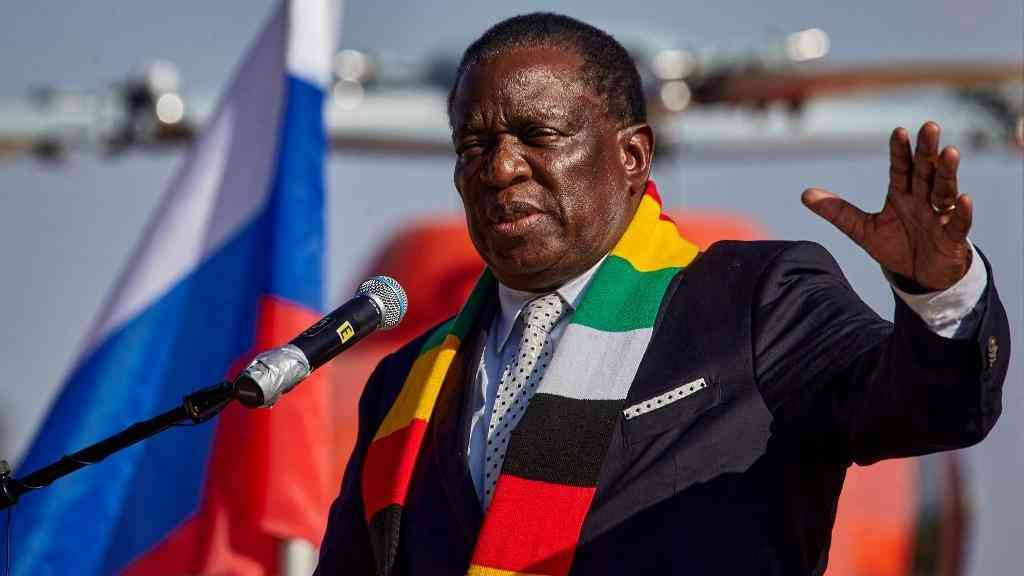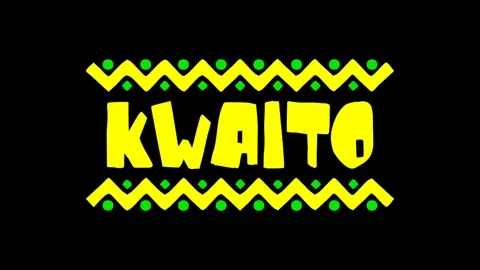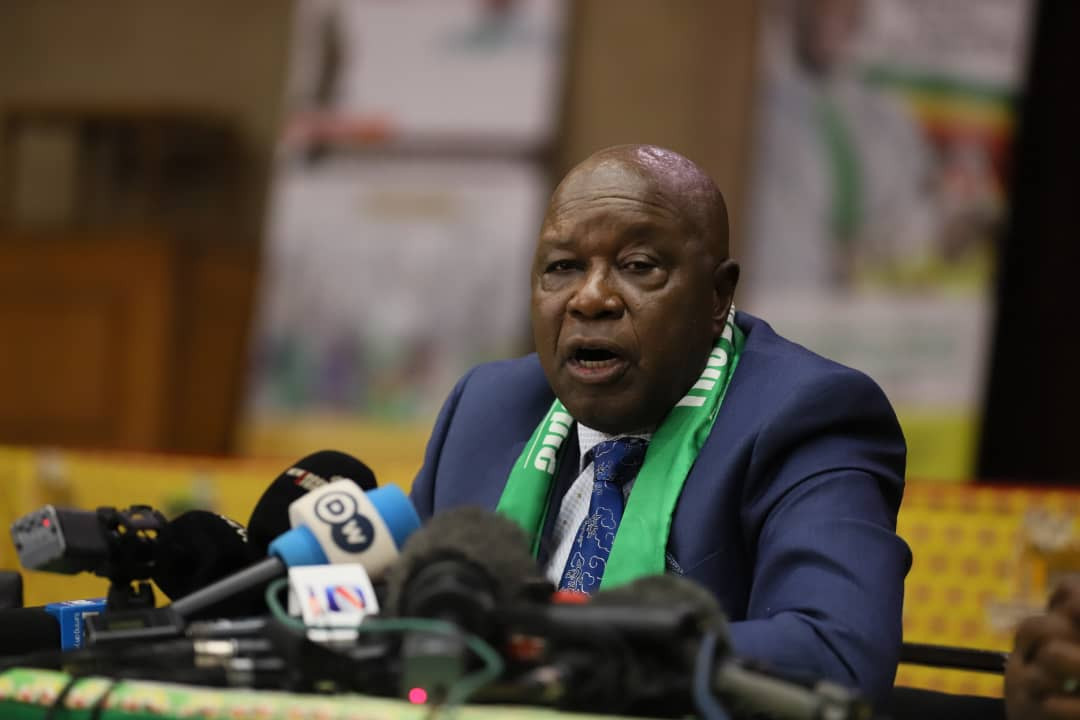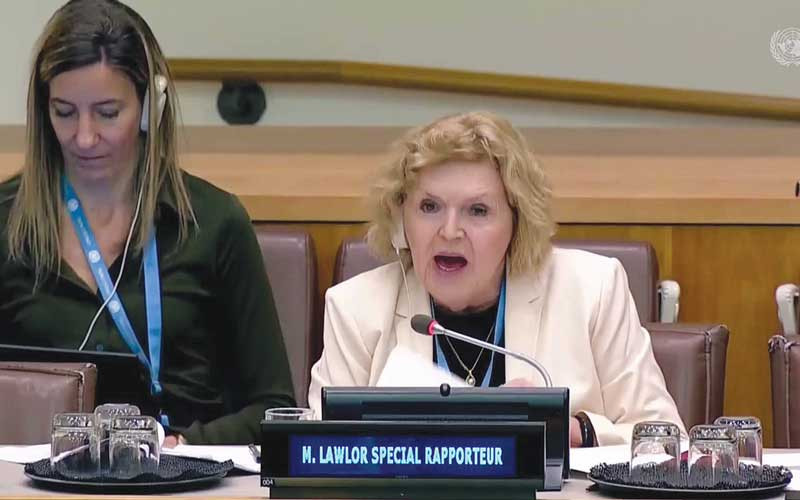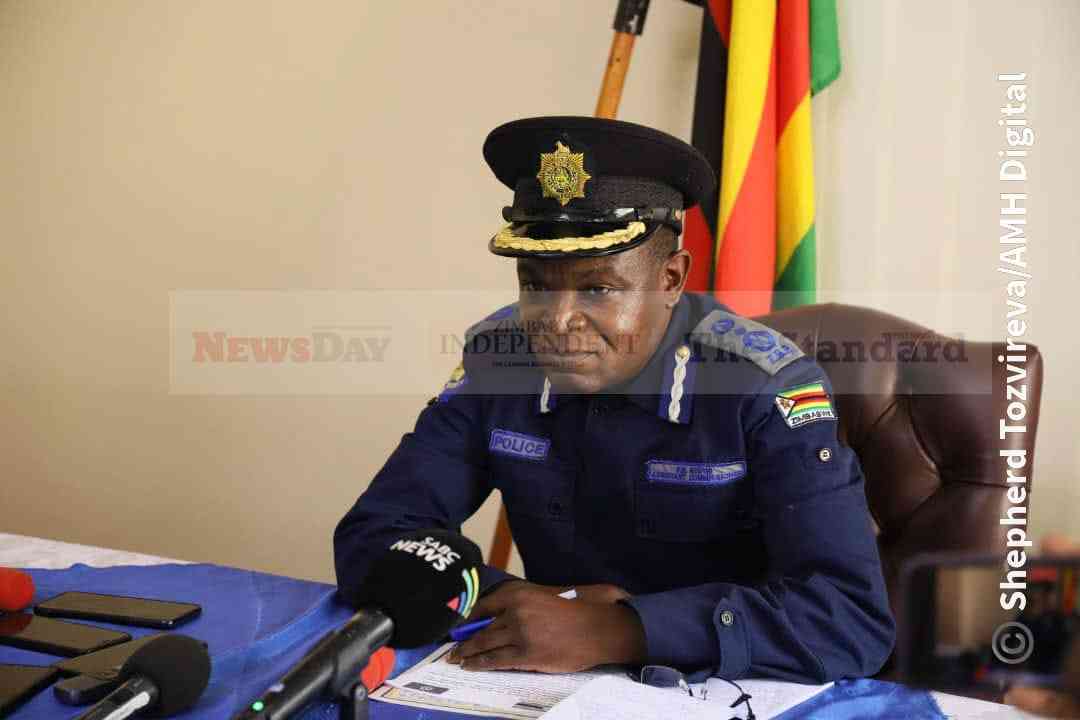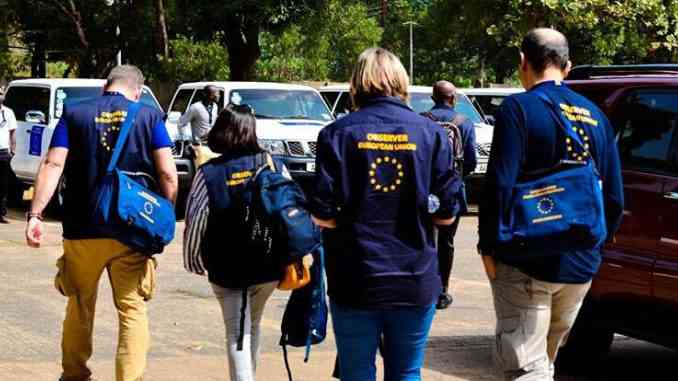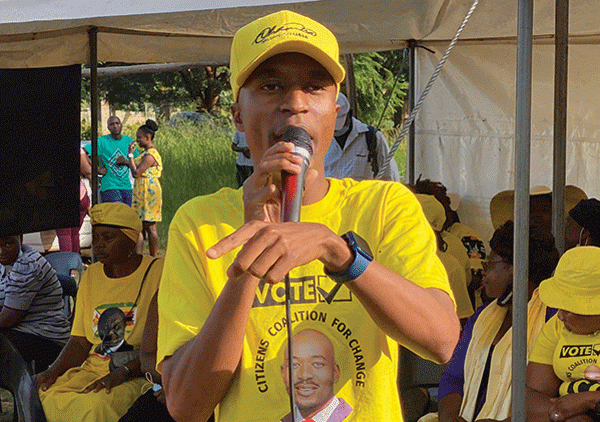
OPPOSITION political parties say they are participating in Wednesday’s polls under protest as incidents of human rights violations and restrictions on civic and political space have affected the credibility of the August 23 elections.
Court challenges and petitions against the Zimbabwe Electoral Commission (Zec) continue flying, with some yet to be finalised, two days before Zimbabweans go to the polls.
The majority of cases have been filed by the opposition Citizens Coalition for Change (CCC) which has expressed dissatisfaction with Zec’s conduct, especially its failure to avail an updated voters roll. Zec has also failed to timely provide information on ballot paper printing to the political parties.
CCC said it would have to defy the odds to win the elections.
“We have defined our path to power and our method of struggle. We believe in a genuine, peaceful, democratic transfer of power,” CCC deputy spokesperson Gift Siziba said.
“Our goal is to occupy government based on a peaceful transfer of power, notwithstanding the challenges associated with our electoral processes around the role of the commission, issues to do with violence, printing, storage and distribution of the ballot.
“All these are issues that must be resolved because Zimbabwe is a constitutional democracy. “There are clear dictates of the law and provisions of Zec, Statutory Instruments and Acts that govern how elections must be run. This is what we are expecting. We don’t expect more than what is provided for by the law.”
The poll is riddled with disputes and uncertainty.
- Chamisa party defiant after ban
- Village Rhapsody: How Zimbabwe can improve governance
- News in depth: Partisan police force persecutes opposition, shields Zanu PF rogue elements
- Chamisa chilling death threat bishop defiant
Keep Reading
Presidential candidate Elisabeth Valerio only knew that she would be in the race days before the polls after Zec delayed in gazetting her candidature.
MDC-T leader Douglas Mwonzora withdrew from the race, citing an unfair electoral playing field tilted in favour of the ruling Zanu PF, but Zec insisted that he remains a presidential candidate.
Another presidential candidate, Saviour Kasukuwere was blocked from contesting in the elections by the Constitutional Court which upheld a lower court ruling that the ex-Cabinet minister ceased to be a registered voter after being out of the country for 18 consecutive months.
Valerio said she was contesting but “with serious concerns” on issues of transparency, accountability and fairness.
“The way the elections are being run is a serious issue of concern. There are a lot of indications that point to unfairness and lack of transparency,” said Valerio. “There is a lot of intimidation happening, especially in rural areas. We are coming face to face with intimidation that the electorate is subjected to.”
Members of the uniformed forces have started casting their postal votes under a cloud as incidents of irregularities are the order of day where police officers in some parts of the country are allegedly being forced to vote for the ruling Zanu PF party under the watchful eye of their bosses.
Zec said it was impossible to observe the postal voting process because it was not conducted at polling stations.
Zimbabwe Election Support Network executive director Andrew Makoni said Zec should have put in place mechanisms to uphold transparency in the electoral process.
“For the sake of transparency, it was possible for observers to observe the voting process locally, though they might not have managed to conduct the same form across the borders. Zec should have put in place mechanisms to ensure that the process was transparent to the contestants,” Makoni said.
Zimbabwe Human Rights NGO Forum acting executive director Wilbert Mandinde said the country was headed for a disputed poll because the environment was not free.
“In the 2018 elections, we were coming from the military-assisted transition, the coup, and at that time, Mnangagwa opened up to the rest of the world,” Mandinde said.
“He allowed external observers including those who [the late former President Robert] Mugabe had banned for many years. Violence was not much before the 2018 elections as compared to the 2023 elections.
“A lot has changed. The electoral law was changed unconstitutionally. Of concern is the refusal by Zec to accredit observers without giving reasons, which points to the fact that we are not going to have credible elections.”

